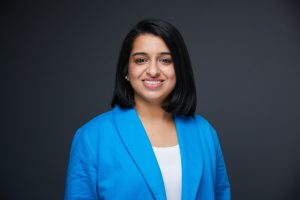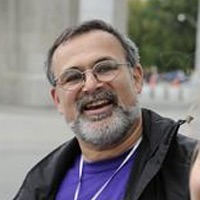October 27, 2021 @ 2:00 pm - 3:00 pm
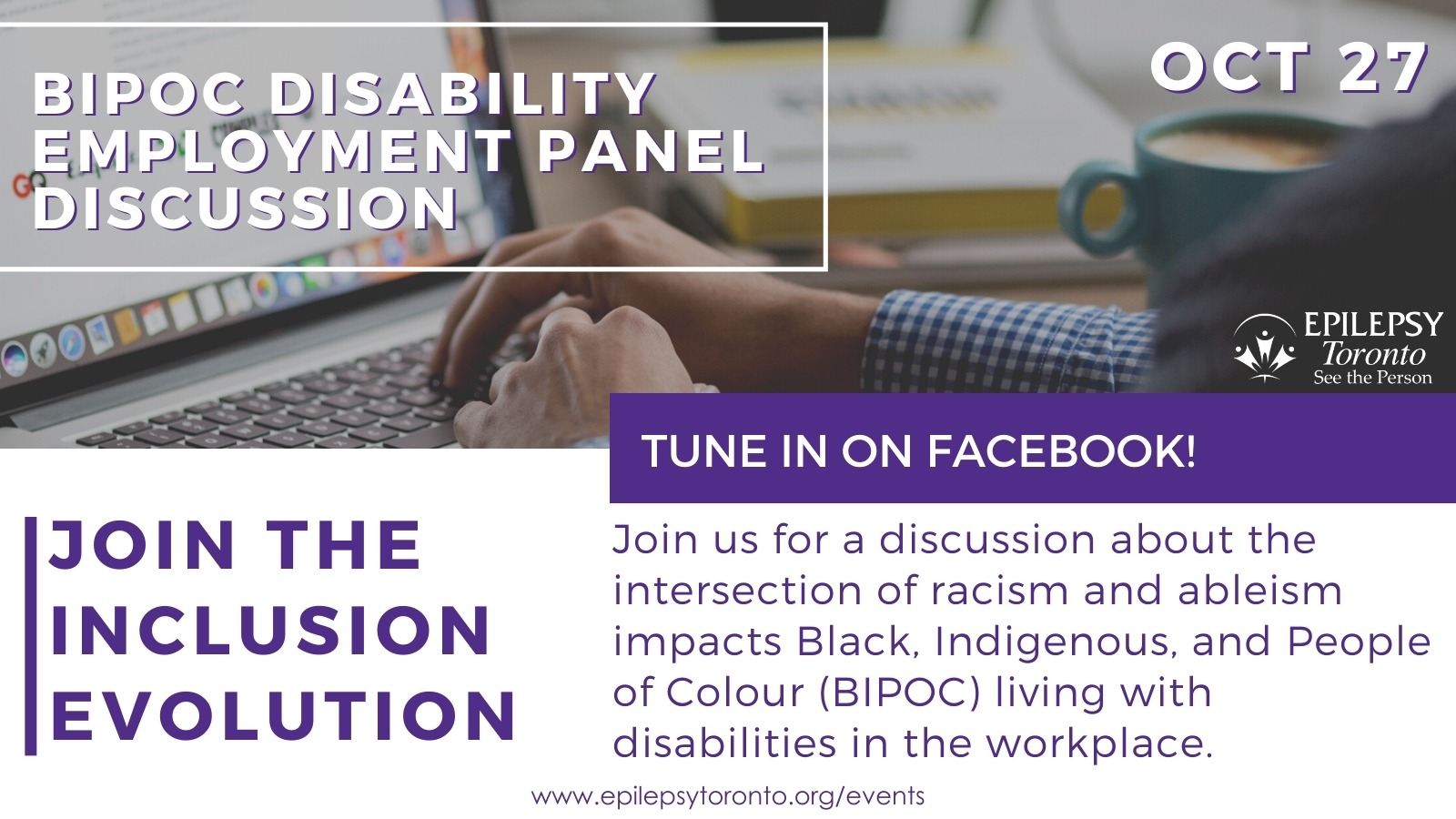
We must recognize and learn about the ways in which racism and ableism intersect and how both of these forms of oppression affect Black, Indigenous, and People of Colour (BIPOC) living with disabilities in the workplace. BIPOC living with disabilities face additional barriers and these voices and experiences need to be amplified. That’s why we’re hosting our BIPOC Disability Employment Panel Discussion with BIPOC panellists representing industries across sectors who will be sharing their experiences, and how they navigate workplace issues.
Tune in to our BIPOC Disability Employment Panel Discussion on Epilepsy Toronto’s Facebook page on Wednesday, October 27 from 2 – 3pm. Visit our Facebook page today to RSVP and receive a reminder for this event. All are welcome!
Discussion Panellists
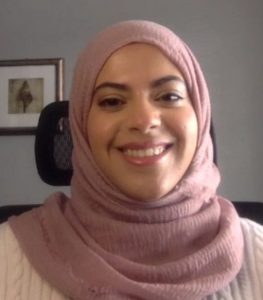
Noura Hamade (facilitator) is Epilepsy Toronto’s Diversity, Equity, and Inclusion Lead. She hold a Master’s Degree in Epidemiology from Western University and has worked in patient education at the University Health Network Hospitals and as a researcher in the department of Global Health at the University of Toronto focusing on women’s health in countries in conflict.

Cheryl Mendes holds diplomas in Business Management and Business Marketing from Humber College. She has been employed as a Marketing Coordinator for top corporate law firm Blake, Cassels and Graydon for the past decade. Her passion is being an advocate for epilepsy and educating others. She’s been an Ambassador for Epilepsy Toronto for the last several years and volunteers at Epilepsy Toronto events including the Purple Walk. She’s a public speaker, and a contributor to two books on invisible disabilities.
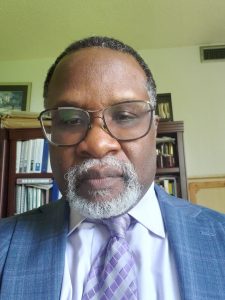
Paul Scotland is a lawyer who has over 20 years experience in the practice of law in Ontario. He was born and raised in Toronto, Ontario with the neuro tube birth defect, spina bifida & hydrocephalus. He hold an Honours, Bachelor of Arts in Political Science from York University and graduated from the University of Ottawa, Faculty of Law. He has an interest in promoting and growing equality seeking groups and wants to see the disabled community continue to visibly advocate for breaking down barriers that impede accessibility to a society and environment responsive to equity, diversity and inclusion everywhere.
